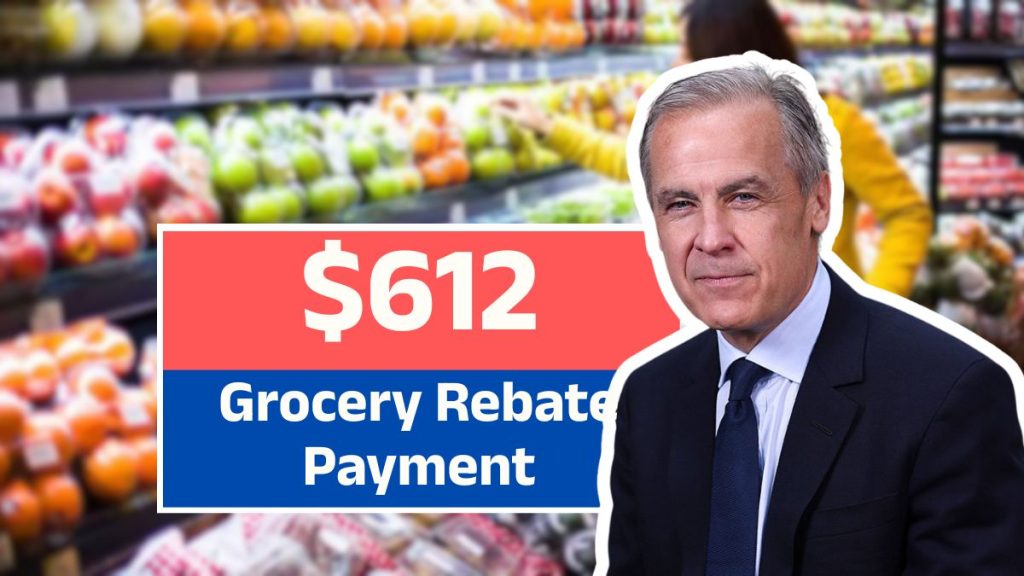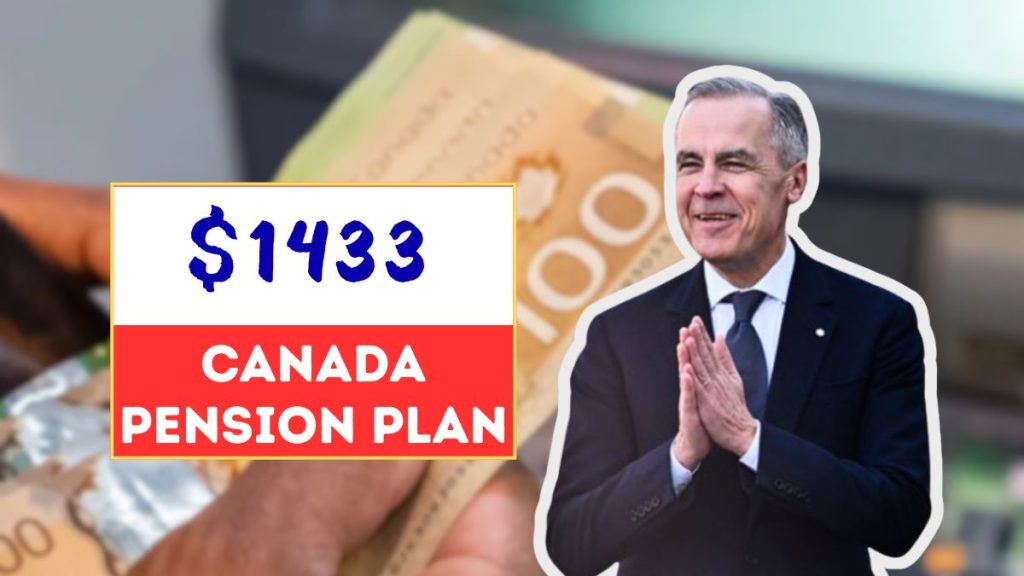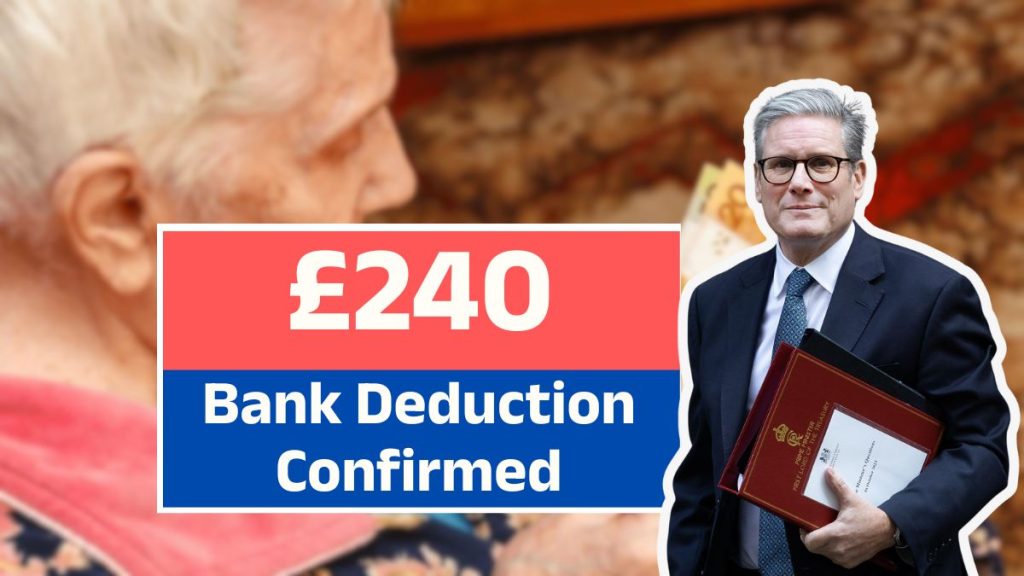This increase, part of the government’s continued commitment to the Triple Lock Guarantee, aims to help older citizens manage rising living costs and maintain financial stability through retirement. Here’s everything you need to know about the new pension rise — who qualifies, how much you’ll get, and what it means for your benefits.
DWP Confirms £538 Annual Rise for Pensioners

The DWP’s latest update ensures that both new and basic State Pension recipients will benefit from the increase. The rise translates to an average of £10.35 per week, which equals roughly £538 per year for the full pension entitlement.
While the amount may appear modest, over the course of a year it represents meaningful relief for pensioners navigating persistent cost-of-living pressures — especially as prices for food, rent, and energy remain high.
Why the Pension Is Increasing Now
This rise comes as part of the Triple Lock Guarantee, a policy that ensures pensions rise annually by the highest of the following:
- Consumer Price Index (CPI) inflation
- Average earnings growth
- A minimum of 2.5%
For 2025, wage growth outpaced inflation, prompting one of the most generous pension increases in recent years. The DWP confirmed that maintaining the triple lock helps safeguard retirees’ purchasing power and ensures their income continues to reflect economic realities.
When Will Pensioners Receive the New Payments?
The new payment rate will officially begin on Monday, 13th October 2025. Payments will be distributed according to each pensioner’s National Insurance number, following the DWP’s usual staggered schedule.
Here’s how it works:
- If you’re already receiving the State Pension, you’ll automatically receive the higher rate.
- You don’t need to reapply or fill out any new forms.
- The first increased amount will appear in your next scheduled payment after 13th October.
- For pensioners paid every four weeks, the adjustment will be reflected in the next four-week cycle following that date.
How Much Will Pensioners Get After the Increase?
The exact rise depends on whether you receive the new State Pension (for those reaching pension age after April 2016) or the basic State Pension (for those who retired before that date).
New State Pension:
- Will rise from £221.20 to approximately £231.55 per week, an increase of £10.35 per week or £538 per year.
Basic State Pension:
- Will increase from £169.50 to about £177.85 per week, representing a rise of £8.35 per week or £434 annually.
The exact figures will be finalised once the official wage and inflation data are confirmed later in the year, but these projections align closely with DWP forecasts.
Who Qualifies for the £538 State Pension Rise?
All existing State Pension recipients will benefit from this rise. This includes:
- Individuals receiving the basic State Pension,
- Those on the new State Pension, and
- People receiving additional payments under SERPS (State Earnings-Related Pension Scheme) or the State Second Pension.
Anyone reaching State Pension age before the new rate takes effect will also automatically qualify. There’s no need to reapply or submit extra paperwork — the DWP will handle adjustments automatically.
How the Increase Could Affect Other Benefits
The pension rise may have a small impact on means-tested benefits, such as Pension Credit, Housing Benefit, or Council Tax Reduction.
In most cases, any changes to these benefits are minimal and are designed to ensure that pensioners remain better off overall. Still, it’s worth checking with the DWP or Citizens Advice if you receive multiple benefits, to make sure your total entitlement is correctly calculated after the increase.
Why This Increase Matters for Retirees
Even though the UK’s inflation rate has cooled compared to 2023 levels, prices for essentials remain high. Many pensioners continue to feel the financial strain of higher energy costs and food bills.
The £538 annual rise offers tangible relief, helping retirees afford everyday essentials without depleting their savings. For many, this small but steady boost means greater financial stability and peace of mind, particularly through the winter months.
The increase also reinforces the government’s commitment to protecting the Triple Lock system, which has come under debate in recent years.
The Triple Lock and Future Pension Rises
The Triple Lock Guarantee, introduced in 2010, has been one of the most important safeguards for UK pensioners. It ensures that retirement income grows in real terms rather than eroding with inflation.
If the Triple Lock remains in place, pensions will continue to rise annually based on economic indicators. However, there has been political discussion about the policy’s long-term sustainability, given the rising cost to the Treasury.
For now, the October 2025 increase is fully guaranteed, giving pensioners financial certainty for the next year
Checking Your Updated Pension Payment
If you want to know how much your new payment will be, there are several ways to confirm your updated rate:
- Log into your personal tax account on GOV.UK to view your pension forecast.
- Use the State Pension calculator on the DWP website to estimate your new entitlement.
- Check your most recent DWP letter, which will include written confirmation of your revised payment rate closer to October 2025.
It’s also wise to double-check that your bank details and contact information are up to date to avoid delays.
Reactions from Pensioners and Advocacy Groups
The £538 increase has been broadly welcomed by pensioner advocacy groups and charities. Age UK described the rise as “a positive and necessary step,” while also urging the government to ensure that all welfare support keeps pace with inflation.
Pensioners have expressed mixed reactions — many grateful for the added income, while others point out that higher household expenses continue to outpace their rising pensions.
For some, this increase will help cover heating costs, prescription fees, or rising grocery bills, while others see it as only a partial relief amid continuing economic challenges.
Other Key DWP Changes Coming in 2025
The October pension increase aligns with several broader DWP initiatives designed to support older citizens. Among the upcoming changes are:
- Updated Winter Fuel Payment rates to help with seasonal energy costs.
- A review of free bus pass and TV licence eligibility for pensioners.
- Adjustments to Pension Credit thresholds, ensuring low-income retirees remain protected.
These updates reflect the government’s ongoing effort to strengthen financial security for pensioners, particularly those most affected by the cost-of-living crisis.
What Pensioners Should Do Next
If you’re already receiving your State Pension, no action is required — your payments will automatically rise from 13th October 2025.
If you’re nearing retirement age, however, now is a good time to:
- Check your National Insurance record to ensure you have enough qualifying years for the full pension.
- Consider topping up any missing NI years through voluntary contributions.
- Apply early if you haven’t yet claimed your State Pension to avoid payment delays.
These steps can help ensure you’re positioned to receive the maximum benefit from this and future pension increases.
Final Thoughts: Stability and Support for the Year Ahead
The confirmed £538 State Pension rise is more than a routine adjustment — it’s a reassurance for millions of retirees navigating uncertain times. As the cost of living remains a concern, this increase helps pensioners maintain dignity, independence, and stability.
For now, the government’s commitment to the Triple Lock Guarantee stands firm, ensuring that the UK’s senior citizens can look forward to a fairer and more secure financial future.
(5) Frequently Asked Questions (FAQ)
1. How much will the UK State Pension rise in October 2025?
The full new State Pension will increase by around £10.35 per week, or £538 per year, while the basic State Pension will rise by approximately £8.35 per week.
2. When will the new pension payments begin?
Payments will start from Monday, 13th October 2025, and will appear in your account on your regular payment day that week.
3. Do I need to apply for the increase?
No. The adjustment will be automatic for all eligible State Pension recipients.
4. Will this rise affect my Pension Credit or Housing Benefit?
Some means-tested benefits may be recalculated, but most pensioners will remain better off overall. Check with DWP or Citizens Advice for personal guidance.
5. What is the Triple Lock Guarantee?
The Triple Lock ensures the State Pension rises annually by whichever is highest — inflation, wage growth, or 2.5% — protecting pensioners’ income from economic fluctuations.













